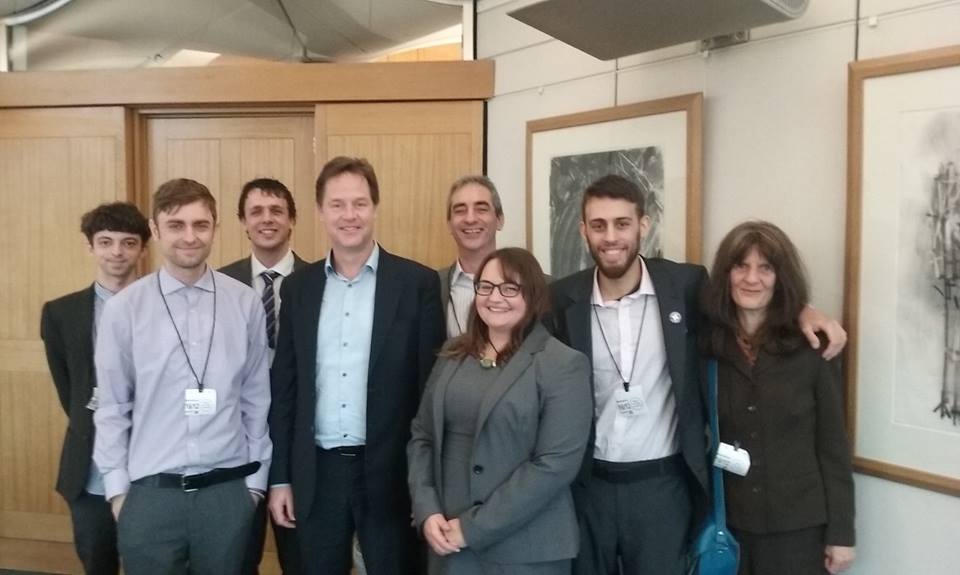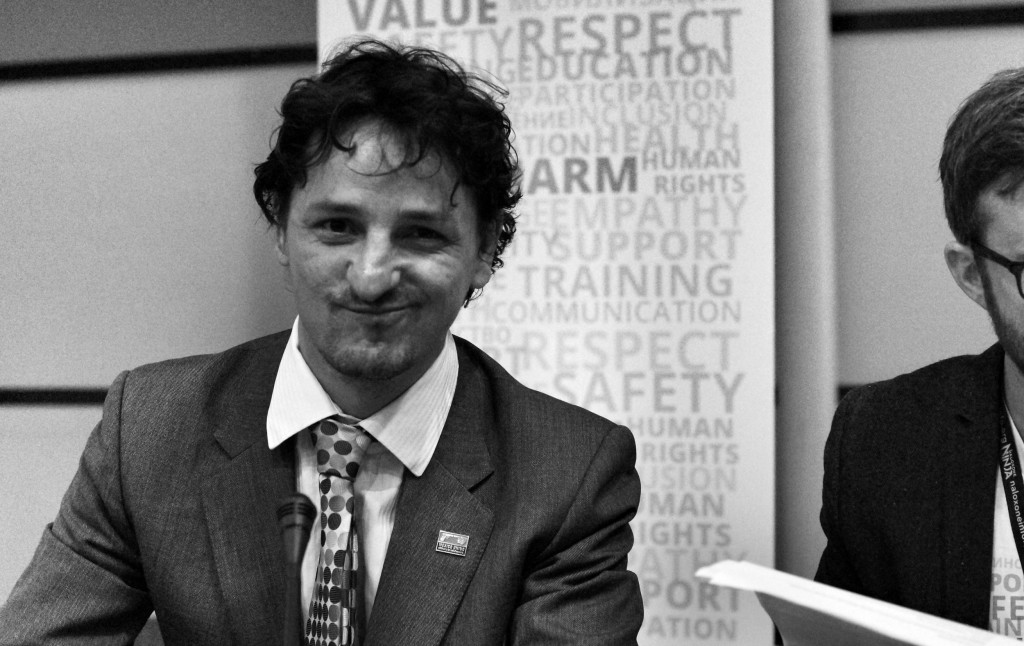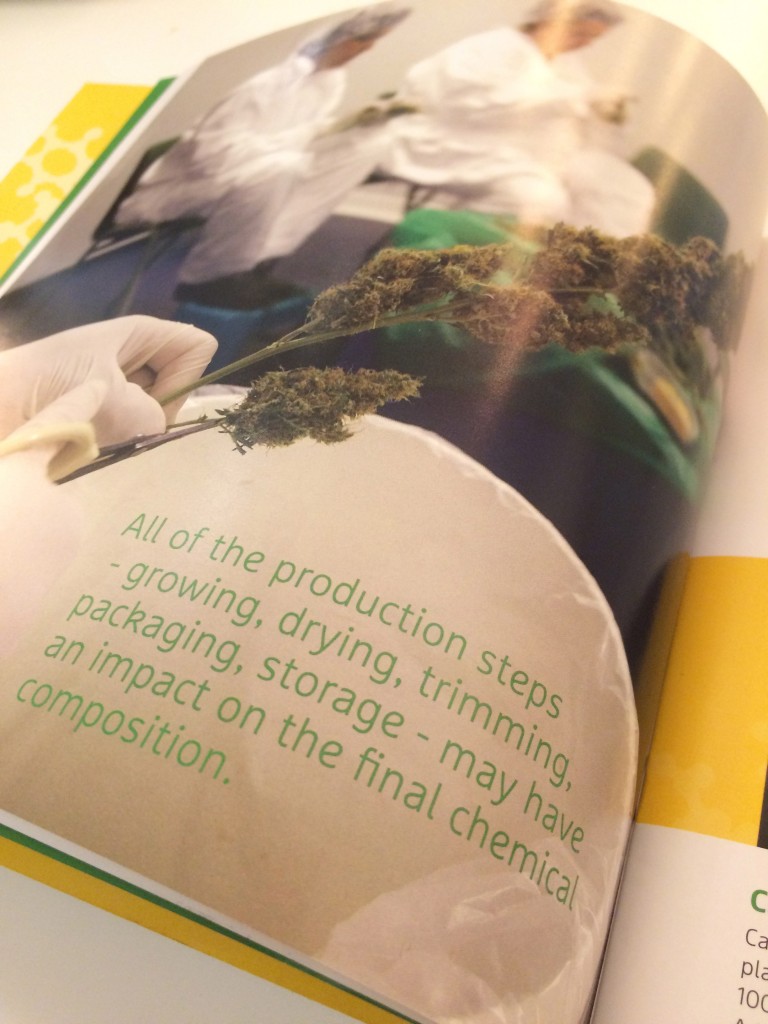Earlier this week, the Liberal Democrats published the findings of their investigation into cannabis regulation.
The report, commissioned by Norman Lamb, Lib Dem MP for North Norfolk, has called for a regulated market for the production and sale of cannabis in the UK.
Lamb said:
The UK’s current laws on drugs are both outdated and harmful.
Each year, criminal gangs generate billions of pounds from the illegal drug trade – money which in turn funds organised crime. And each year thousands of people receive convictions for drug possession which will harm their education and employment prospects for the rest of their lives.
The panel, made up of leading experts in drug policy specifically in relation to cannabis, was Chaired by Steve Rolles, senior policy analyst at Transform Drug Policy Foundation with team members;
Mike Barton – Chief Constable of Durham Constabulary,
Niamh Eastwood – Executive Director of Release,
Tom Lloyd – former Chief Constable of Cambridgeshire Police,
Fiona Measham – Professor of Criminology, Durham University,
Professor David Nutt – Founder of DrugScience and former Chair of the Advisory Council on the Misuse of Drugs
Professor Harry Sumnall – Professor of Substance Use, Centre for Public Health, Liverpool John Moores University.
They were tasked with producing the report, making recommendations on policy design, taking into account established models in other jurisdictions, as well as wider experience with regulation of alcohol, tobacco and other drugs.
The report makes a very compelling case for legal regulation framed around a pragmatic principal of harm reduction. The panel have opted for a strict model of regulation, at least in the first instance, in order to “mitigate the concerns of sceptical or understandably wary members of the public”.
You can read the full report here.
Whilst this principal is a good one and the vast majority of the proposals, whilst seeming rather restrictive to the consumer community, are sensible, pragmatic and inline with most UK policy making – erring on the side of caution and in agreement with the wider harm reduction narrative.
A few of the recommendations, however, still appear to serve a prohibitionist agenda and reflect a very limited understanding of the size and range of the current illegal market and a lack of any experience of consuming or producing cannabis either recreationally or medically.
Rescheduling Cannabis
The report recommends that cannabis be rescheduled within the Misuse of Drugs Act (1971) from Schedule I, defined as substances having no therapeutic benefits and high potential for abuse, into Schedule II, placing it alongside heroin.
In discussions with the All-Party Parliamentary Group for Drug Policy Reform, who are currently running an inquiry into the rescheduling of cannabis specifically, the recommendation is to move cannabis into ‘an appropriate schedule’. I would argue that alongside the Full Plant Extract of cannabis medicine, Sativex, produced by GW Pharmaceuticals in Schedule 4 would be the most logical, consistent and appropriate schedule.
Grow Your Own – Plant Number limits
“We propose a limit of four plants would be reasonable”
Practically, a prospective grower could grow 4 absolutely massive plants, from which they could reasonably achieve a yield (final product) of anything up to around 2 Kg, or they could grow 16 really small plants (which would be quicker and more efficient/cost effective) and achieve a yield of about the same. Perhaps if any limit is going to be proposed then it should be based on yield and not the number of plants to be effective.
Herbal Cannabis only in Phase 1
“In the first instance licensed retail sales should be limited exclusively to herbal cannabis. If there is demand for other preparations/products that is not legally met, this could create opportunities for criminal markets. We think that legal supply of herbal cannabis would meet the majority of demand. There is currently no significant illicit market for edibles in the UK”
Firstly, I don’t need to explain why these products exist for the medical consumer, that is explained very effectively by Alex Fraser here. From surveys conducted by United Patients Alliance and early results from the APPG Questionnaire (if you are a medical cannabis user, please click on the link to complete it) we estimate around 30% of medical consumers choose to use extracts and edibles of one form or another today, here in the UK.
Whilst realistic figures for consumption of edibles and and other forms of cannabis within the non-medical market are currently impossible to find, the illicit market for these products is certainly significant and growing rapidly, which is evidenced by the growing sales of (legal) extract consuming products. By delaying the introduction, the only result will be to delay the benefits of a quality controlled market and leaving this rapidly growing market in the hands of criminals, who will be desperate to exploit this remaining area of illegality now that they have just lost the herbal market.
Strength and THC/CBD Balance
…it seems reasonable to assume that [higher strength/concentrated] products are associated with some elevated risks compared to lower potency products.
It does seem reasonable, yes, until you study the existing evidence and as Norman Lamb MP very clearly states in the preamble of the report:
“…we need an evidence based approach to drugs law, one which is based on independent and scientific advice, rather than fear and prejudice.”
Through clear labelling, advice and education all of the perceived potential increased harms can be adequately dealt with. Most people understand that when they buy a Vodka, it should not be treated like it is beer (but it is all alcohol). It is a stronger form and as such, you consume less. This is anti-choice, anti-competitive and is attempting to solve a problem that just isn’t there and there is scant evidence to suggest otherwise.
I understand what the report is trying to do, but, as Norman has stated, I would prefer not to make policy based on fear alone – That is, ultimately, the basis of our current system of Prohibition, and we don’t want to repeat the same mistakes, surely.
Professor Curran made clear that the risks associated with THC exposure are significantly moderated by the presence of CBD. For this reason we recommend that all retail herbal cannabis include a minimum CBD content ‘buffer’, which ideally should be set at 4%.
The fact is that CBD has been shown to have anti-psychotic properties and, in the case of people who have a predisposition to a psychotic illness, it is true that high THC/low CBD strains are probably best avoided, but for the overwhelming majority of medical cannabis consumers the very same high THC/low CBD strains are the very best painkillers (CBD also seems to limit the pain killing threshold of THC). For recreational consumers who really do want to seek out these strains, their only options will be to either grown them themselves, or to obtain them through the criminal market.

United Patients Alliance reception with Nick Clegg MP. November 2015 (Source: Facebook – Jacob Barrow)
Clearly, the expert panel and this report would have benefited from some input from the consumer stakeholder group and I strongly urge any future panels or boards take care to address this so that we really can design a policy that takes all informed perspectives into account.
That said, whilst this report is pragmatic and cautious, it represents the most significant progress that the those calling for cannabis legalisation in the UK have seen in decades, and should be applauded and supported. I would like to personally thank all involved for giving up their time and bringing their individual expertise to bear to produce it and judging by the media response so far, times can be truly be said to be changing.
Words by Jon Liebling – Political Director, United Patients Alliance



